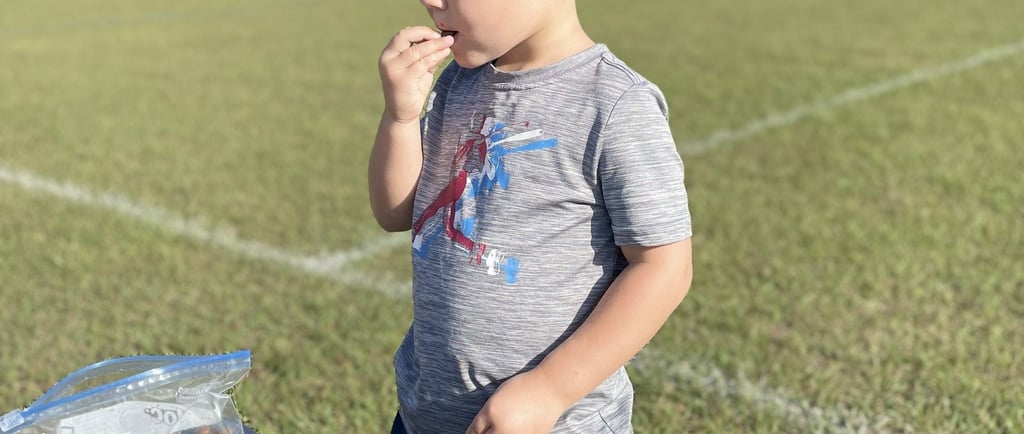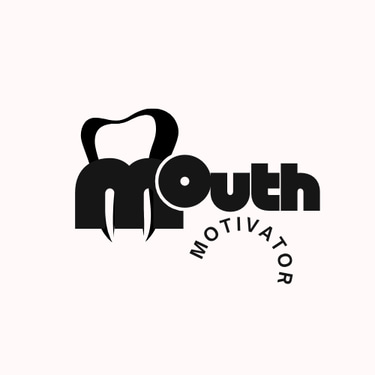Early Childhood Dental Concerns: Key Statistics Every Parent Should Know
Do you have the mindset of "my child is going to lose their baby teeth, so I don't have to worry about them"? When it comes to children’s health, dental care often takes a back seat—until there’s a visible or physical problem. Oral health is crucial to a child’s overall well-being. Early dental care can prevent pain, missed school days, and costly treatments down the line. Let’s take a closer look at the numbers behind early childhood dental concerns and what they mean for parents, caregivers, and educators.
SWhite, RDH
7/11/20252 min read


Early Childhood Dental Tooth Decay: The Most Common Childhood Disease
According to the CDC:
Tooth decay (dental caries) is the most common chronic disease of childhood—five times more common than asthma.
By age 5, about 60% of children will have had at least one cavity.
This means that for many children, their first experience with a doctor might be at the dental chair—often for a preventable issue.
Early Dental Visits are Not Commonly Occurring—But Necessary
The American Academy of Pediatric Dentistry (AAPD) recommends a child’s first dental visit by age 1.
Yet, studies show that only 1 in 4 children see a dentist by their first birthday.
Delayed visits often lead to untreated decay, which may require sedation or surgery in very young children.
The Impact on School and Daily Life
Dental issues don’t just cause physical discomfort—they affect development:
Children with dental pain are 4x more likely to have a lower GPA.
More than 34 million school hours are lost each year due to unplanned dental care in the U.S.
Preventive Measures That Work
The good news? Prevention is powerful:
Fluoride varnish can reduce cavity risk by 33% in baby teeth.
Dental sealants can reduce the risk of molar decay by up to 80%.
Regular brushing with fluoride toothpaste and routine dental visits can dramatically lower the risk of oral disease.
Be a Proactive Parent
Here are three proactive steps parents can take starting today:
Schedule a dental checkup by your child’s first birthday or within 6 months of the first tooth erupting.
Brush twice daily using a small, soft toothbrush and a rice-sized smear of toothpaste for children under 3.
Limit high sugar containing drinks and snacks. Water should be the primary beverage.
Final Thoughts
Early childhood dental concerns are common—but they can also sometimes be prevented. Early action can ensure children grow up with healthy, pain-free smiles.
For recommended children’s dental care products—from toddler toothbrushes to fluoride toothpaste—check out my curated picks on my Amazon storefront https://amzn.to/3TzKMmB I may receive a small commission for any purchases that are made through this link at no additional cost to you.
Disclaimer: The information provided in this blog is for educational and informational purposes only and does not substitute professional dental or medical advice. While I am a licensed dental professional, the content shared here reflects my personal insights and research. Always consult with your healthcare provider or oral healthcare provider for advice tailored to your specific needs and circumstances. Products mentioned or linked may include affiliate links, and I may earn a small commission if purchases are made through them, at no extra cost to you.
Health
Expert insights on oral health and wellness.
Disclaimer-see your oral health care professional for personal advice
Amazon Affiliate-I receive commision from items purchased from my site at no additional costs to you
Choose Hostinger https://hostinger.com?REFERRALCODE=6CSMAEMAECHX
swhite@mouthmotivator.com
© 2025. All rights reserved.
